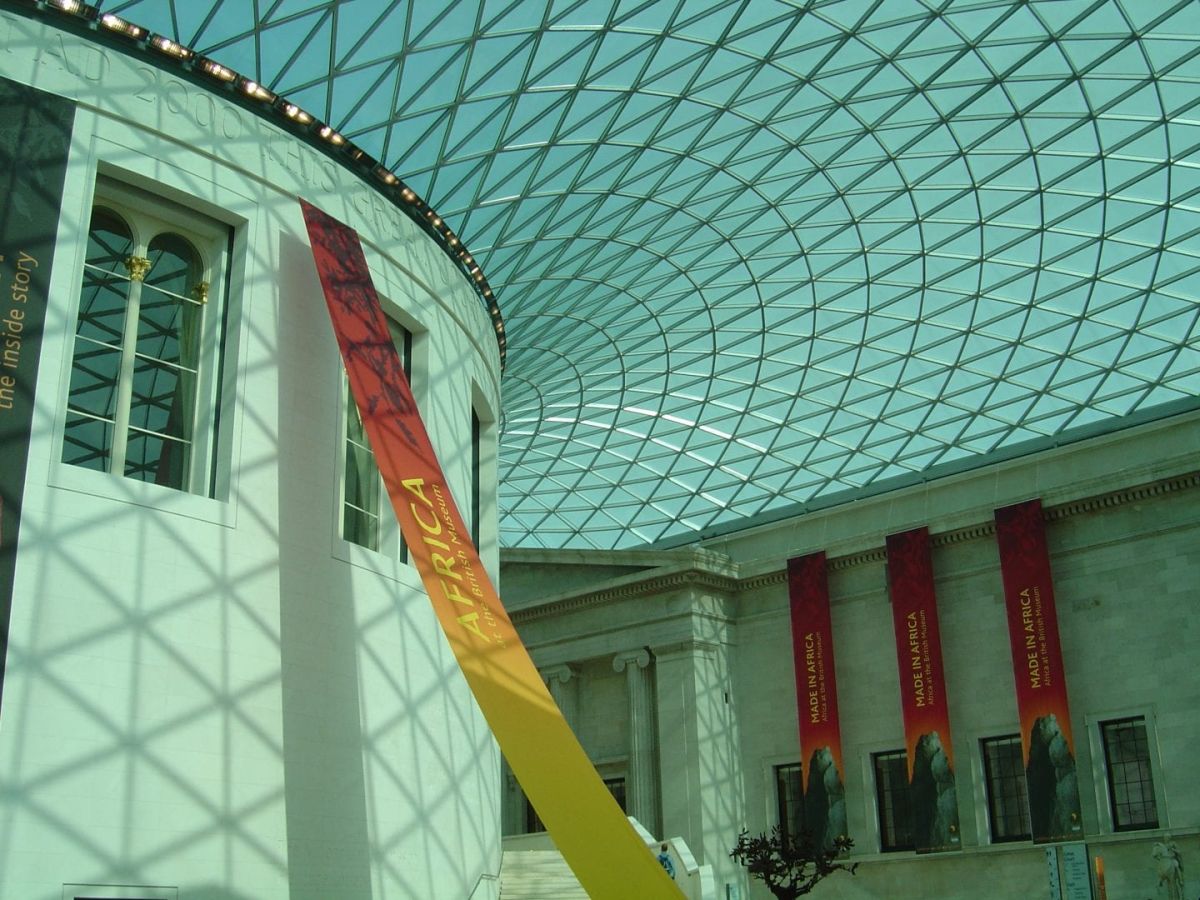British museums must de-colonise

Last month, the governor of Easter Island tearfully begged the British Museum to return Hoa Hakananai’a, one of the most spiritually important of the Moai stone monoliths, to the island.
For Britain, the statue has been retained within the walls of the museum for 150 years, merely another material acquisition from the ‘great age of exploration’ (or exploitation, depending on how you see it).
Yet for the indigenous communities of Easter Island, Hoa Hakananai’a is so much more than just an object. “You have our soul“, the governor, Tarita Alarcón Rapu told the museum.
Even an international lawyer, with experience in front of the International Court of Justice, called for the return of the statue in order to allow the Islanders to honour their ancestors.
Yet sadly, the plea of the Easter Islanders is not unique. These calls for repatriation join a growing petition from former colonies to retrieve their beloved artefacts, antiquities and objects that were once purloined by colonialists and ‘adventurers’ in their quest to ‘explore’. So, why aren’t museums in Britain listening?
Importantly, museums are institutions of memory. And, the preservation of memory is entirely dependent on them to put the fragmented pieces of memory together to construct a narrative, a history, in the quest for the truth.
In this sense, museums are agents of history. They have a duty to both actively seek, and present the multitude of different memories, narratives, and stories from all cultures, including those that have long been excluded from the mainstream narrative.
It is time for museums to live up to this duty; they must decolonise their collections. No longer is it fitting for institutions such as The British Museum to be an archaic collection of painfully acquired objects, objects that continue to tell the enduring legacy of the Empire as one of successful British conquest and possession.
Museums should not be uncomfortable spaces for indigenous communities. Rather, along with other Western institutions, they have a duty to give a platform to those who have been silenced for so long, and exist to provide safe spaces for the promotion of open discussion and dialogue. This should begin with the repatriation of indigenous possessions but, of course, there is even more that can be done to decolonise Britain’s culture.
Institutions such as The British Museum should support the creation of de-colonial spaces from the ground up, providing funding, space, and time for the construction of exhibitions by those unheard voices themselves. As the dawn of a post-Brexit Britain continues to encroach closer and closer, and the country’s future becomes more complex by the day, the promotion of a heterogeneous, multi-cultural dialogue has never been so important.
Nuance is key in developing historical debate, and there is no reason museums should be excluded from this. And, with the calls for the decolonisation of culture and education growing louder, now is the time for change.







